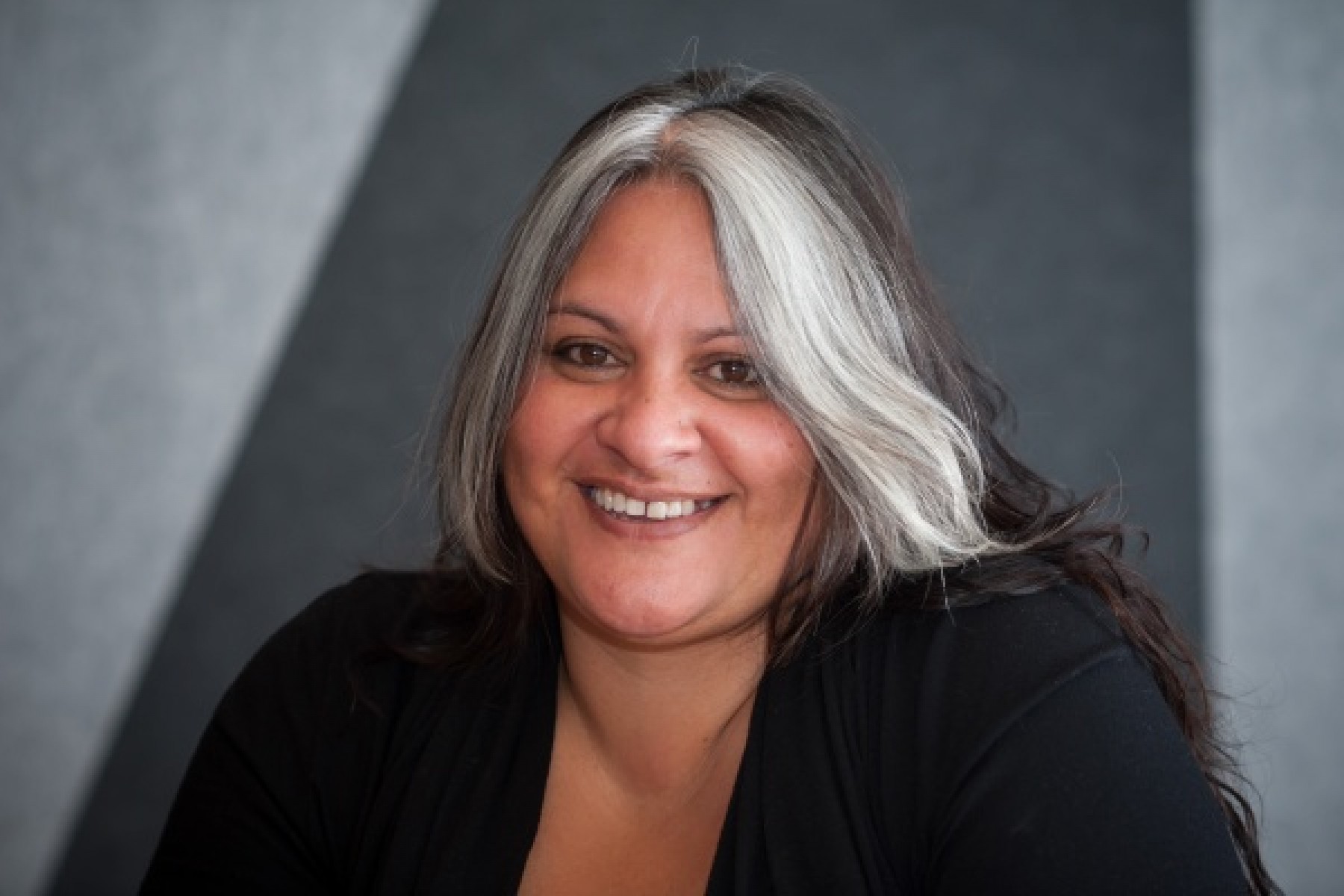What can make the situation even more difficult for those grieving are unhelpful comments and reactions from others, including friends, whānau, and the wider community.
Dr Lynne Russell, a senior research fellow in Māori health at Victoria University of Wellington, lost her husband of 21 years to suicide over six years ago and has also experienced the loss of a number of others to suicide, including cousins, nephews, an aunty and friends.
Dr Lynne Russell, a senior research fellow in Māori health at Victoria University of Wellington, lost her husband of 21 years to suicide over six years ago and has also experienced the loss of a number of others to suicide, including cousins, nephews, an aunty and friends.

